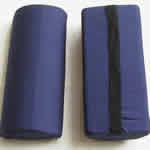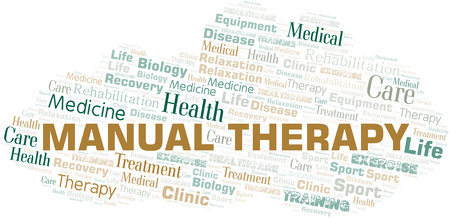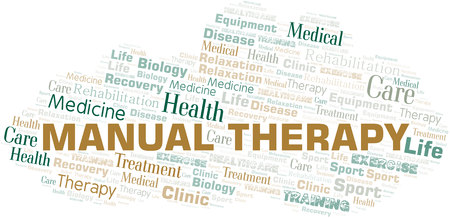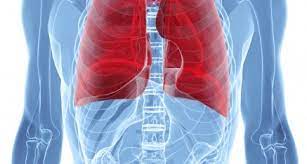
Fellowship in Neurological Physiotherapy and Rehabilitation FNPR

Description
Topics covered generally include:
1) Review of basic Neuro - Anatomy and Physiology
2) Physiotherapy evaluation of a neurological patient, electro diagnostic procedures,
interpretations and prognosis in different neurological conditions, Upper and Lower
motor neuron lesions.
3) approaches like:
I] Bobath or neuro developmental therapy [N.D.T]
II] Rood’s approach,
III] PNF,
IV] Vojta techniques,
V] biofeedback,
VI] Brunnstorm movement therapy,
VII] Motor Relearning programming,
VIII] sensory integration therapy.
4) Assessment and principles of therapeutic management of following neurological conditions:
I] Stroke,
II] Cerebral palsy,
III] Neuro-pathies,
IV] Spinal cord injury:
5) Peripheral nerve injuries,
6) Traumatic brain injury:
• Types and Mechanisms of head injury
• Clinical features, potential complications
• Physiotherapy principles of immediate and postoperative therapeutic
management
7) Neurosurgery:
Post surgical Physical therapy in neurosurgical procedures Mainly craniotomy, shunts, SOL resection, surgical treatment of spasticity, cervical cord decompression.
Teaching, structure and assessment
This course runs through 6 months and is delivered through a combination of Online,face-to-face lectures, workshops and seminars. There’ll also be online learning tests which you’ll need to complete.
Learning Outcomes:
You'll learn about physiotherapeutic treatment approaches for a range of neurological injuries and conditions, from acute to chronic and mild to severe, in the context of the current evidence base.
The course involves critical review and analysis of approaches to treatment intervention with clinical reasoning and management.
You'll be encouraged to reflect critically on your own practice and scope of practice and actively participate in discussions, debate and workshops.
By the end of this course you should be able to:
demonstrate advanced theoretical clinical reasoning skills and critical understanding of the evolving evidence base to justify the assessment and management of selected neurological presentations
critically justify strategies and techniques for neuro-physiotherapy treatment in a selection of clinical presentations and reflect on your scope of practice.
1) Review of basic Neuro - Anatomy and Physiology
2) Physiotherapy evaluation of a neurological patient, electro diagnostic procedures,
interpretations and prognosis in different neurological conditions, Upper and Lower
motor neuron lesions.
3) approaches like:
I] Bobath or neuro developmental therapy [N.D.T]
II] Rood’s approach,
III] PNF,
IV] Vojta techniques,
V] biofeedback,
VI] Brunnstorm movement therapy,
VII] Motor Relearning programming,
VIII] sensory integration therapy.
4) Assessment and principles of therapeutic management of following neurological conditions:
I] Stroke,
II] Cerebral palsy,
III] Neuro-pathies,
IV] Spinal cord injury:
5) Peripheral nerve injuries,
6) Traumatic brain injury:
• Types and Mechanisms of head injury
• Clinical features, potential complications
• Physiotherapy principles of immediate and postoperative therapeutic
management
7) Neurosurgery:
Post surgical Physical therapy in neurosurgical procedures Mainly craniotomy, shunts, SOL resection, surgical treatment of spasticity, cervical cord decompression.
Teaching, structure and assessment
This course runs through 6 months and is delivered through a combination of Online,face-to-face lectures, workshops and seminars. There’ll also be online learning tests which you’ll need to complete.
Learning Outcomes:
You'll learn about physiotherapeutic treatment approaches for a range of neurological injuries and conditions, from acute to chronic and mild to severe, in the context of the current evidence base.
The course involves critical review and analysis of approaches to treatment intervention with clinical reasoning and management.
You'll be encouraged to reflect critically on your own practice and scope of practice and actively participate in discussions, debate and workshops.
By the end of this course you should be able to:
demonstrate advanced theoretical clinical reasoning skills and critical understanding of the evolving evidence base to justify the assessment and management of selected neurological presentations
critically justify strategies and techniques for neuro-physiotherapy treatment in a selection of clinical presentations and reflect on your scope of practice.
Product rating
Customer Reviews
There have been no reviews for this product.
Add your review here




















